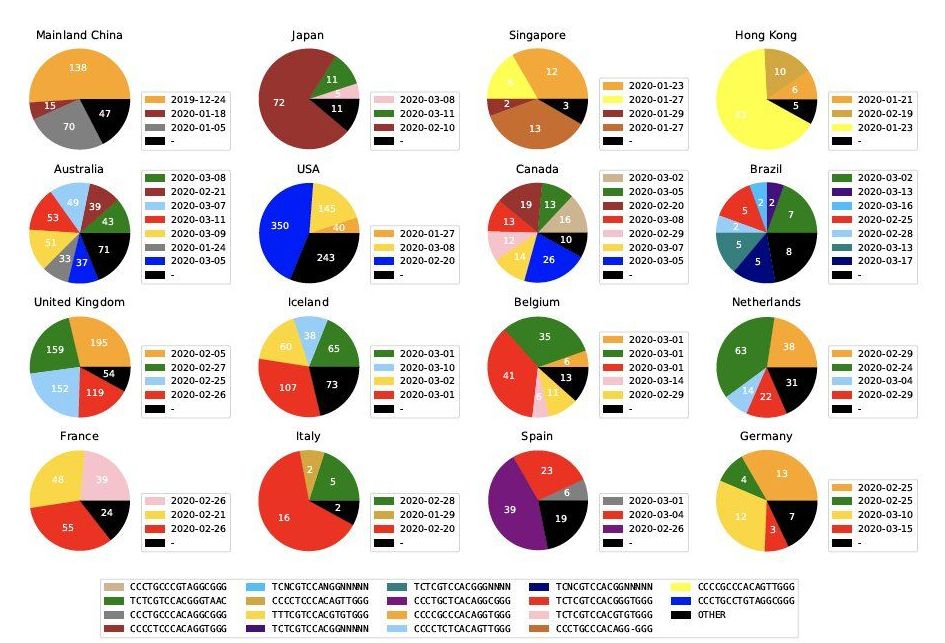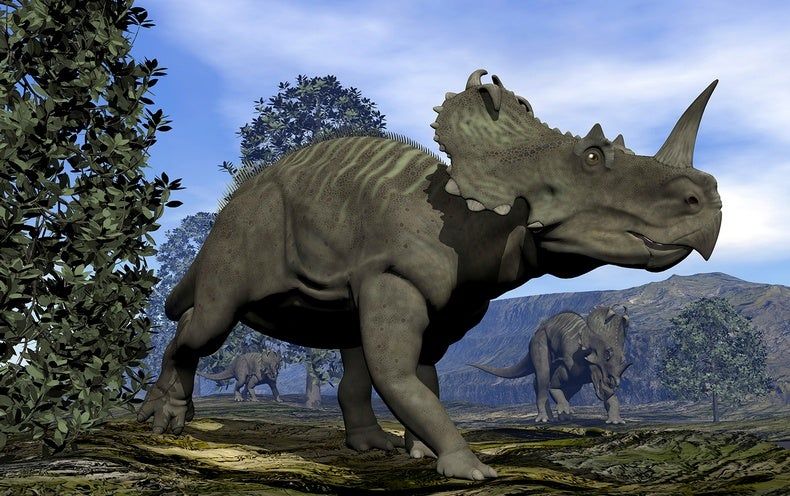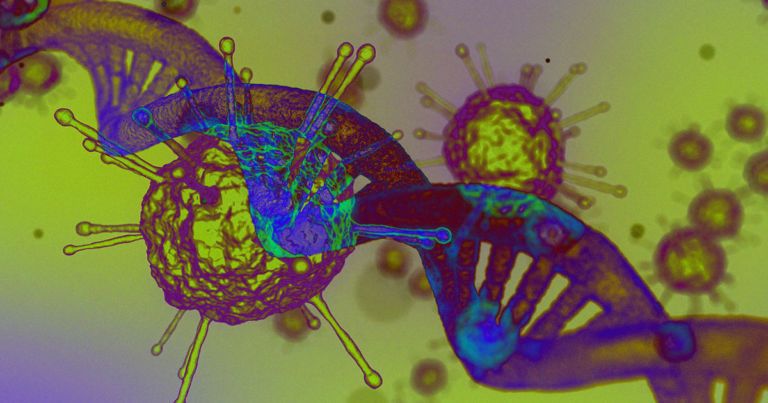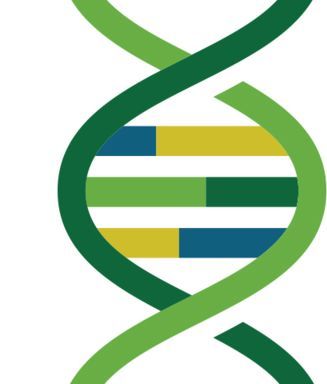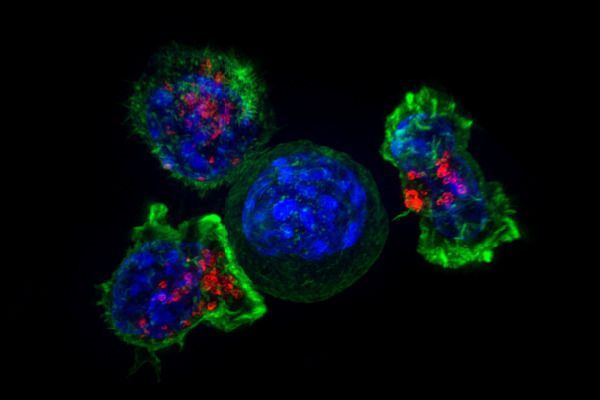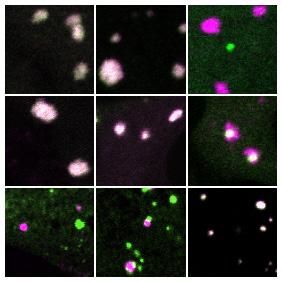Salamanders and lizards can regrow limbs. Certain worms and other creatures can generate just about any lost part — including a head — and the latest genetics research on body part regeneration is encouraging.
Since they are adult stem cells that have reverted back to a less developed — more pluripotent — state, iPSCs remind scientists of the stem cells that enable lizards to regrow limbs, and zebrafish to regrow hearts. When it comes to limbs, the understanding the regrowth process could help scientists promote nerve regeneration in cases when a limb is severely damaged, but not physically lost. Nerves of the human peripheral nervous system do have the ability to regrow, but whether this actually happens depends on the extent of the injury, so understanding the stem cell physiology in zebrafish and other animals could help clinicians fill the gap. The knowledge gained also could impact development of treatments aimed at promoting nerve regrowth in the central nervous system, for instance in the spinal cord after an injury.
Caveats
Even where regeneration is natural for humans, numerous regeneration cycles can put a person at greater risk of cancer. In the liver, for instance, disease can result in liver cancer largely because the organ produces new cells to replace the damaged ones. This is what happens in cirrhosis and after certain viral conditions when there are periods when regeneration overtakes liver deterioration. Prometheus avoided this fate, but we don’t know how well the process would work in humans, if a regenerative system based on iPSCs or some other types of stem cell is used clinically on a large scale. Regenerative medicine is promising and exciting to hear about. But we are at a very early stage, and reports on limb regrowth should be taken with caution.
